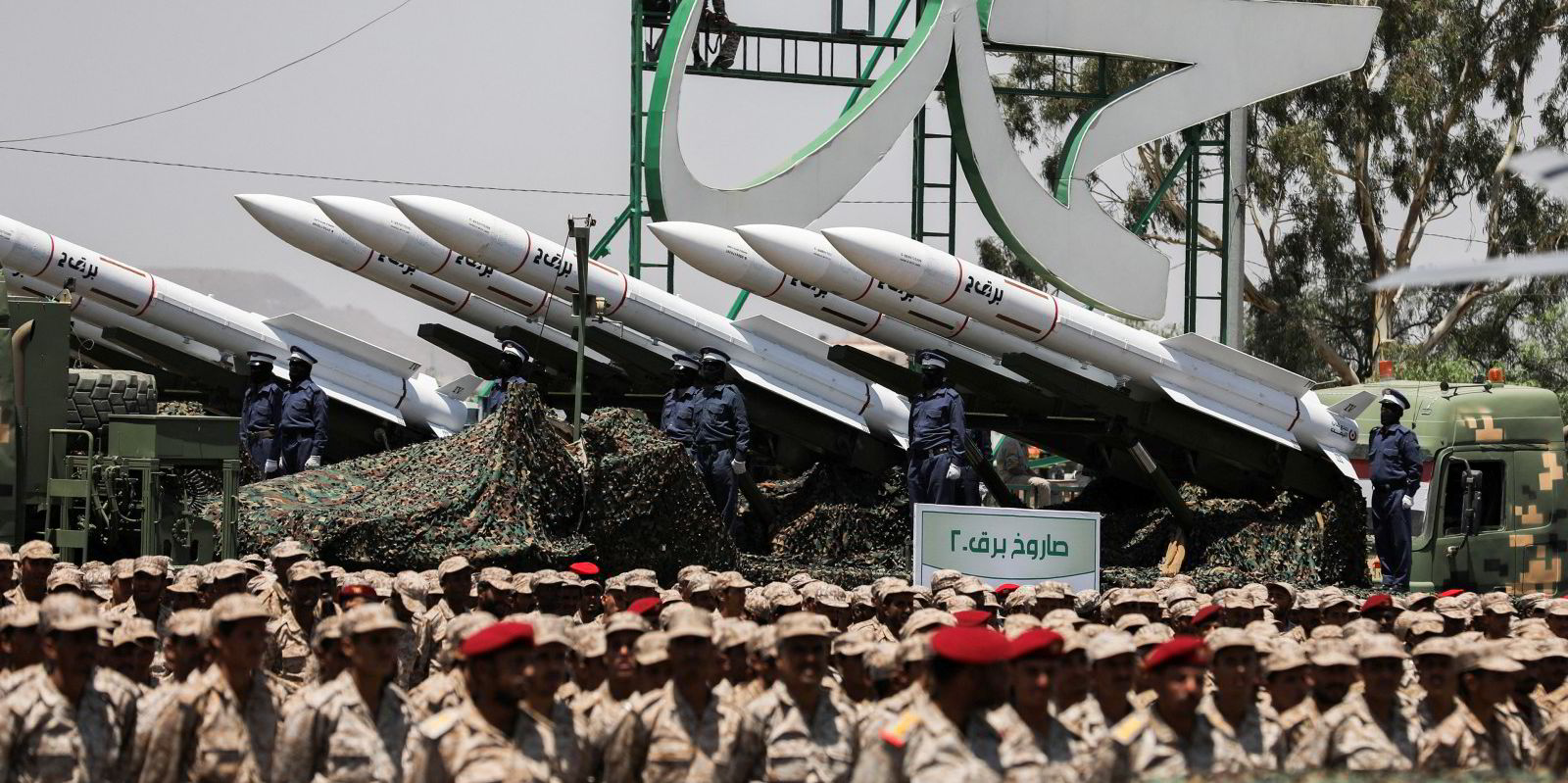Shipping organisations had been urging Western powers for weeks to take drastic action against Yemen’s Houthis to ensure full freedom of navigation in the Red Sea.
But after the US and the UK finally heeded their call by launching air strikes early on Friday, some shipping players speaking to TradeWinds are not sure this was a good idea.
“I think things will ultimately get worse rather than better,” said one senior bulker company executive in Athens.
A Greek owner speaking separately to TradeWinds beat the same drum: “The Houthis may get quieter in the short term to lick their wounds but they’ll probably come back with a vengeance later.”
Even shipowners who hailed the attacks expect them to make things worse in the short term.
“It’s good that the allied forces finally took action here,” one leading shipowner told TradeWinds.
“Freedom of international trade was being threatened like never before. However, it will likely get worse before it gets better, I think, unfortunately.
“If anything, people will be even more cautious after yesterday’s strikes.”
Such concerns are unlikely to stop small and midsize bulker and tanker companies from sending vessels through the Red Sea — despite warnings by Western military authorities on Friday to keep away from the region for a while and reports about some tankers changing course.
“There isn’t really much one can do — we’re talking about long-term contracts that have to be honoured and one can’t get out of easily even if one wanted to,” the owner said.
Theoretically, shipowners can already cite war hostility clauses in charterparties to refuse service, but the situation has not deteriorated to such an extent that it would force them to lose an increasingly lucrative business or damage relations with charterers.
In some cases, it is charterers who refuse to reroute around southern Africa, put off by the extra security or charter costs such a decision would incur.
Big container liner companies that have rerouted services have much more clout with their customers than smaller players.
Not an organised army
Such considerations are probably why ship traffic seemed to continue in line with previous days in the Red Sea on Friday after the Americans and British launched limited but lethal air strikes against Yemen’s Houthi rebels.
Vessel trackers showed about 30 bulkers, tankers and gas carriers underway at both sides of the Gulf of Aden — the region the Houthis are most active in.
Even a widening of Houthi attacks, which senior officials of the group have already warned about, is unlikely to lead to a closing of the Suez Canal route, the manager estimated.
“Crossings will probably get even more difficult but they will not come to a halt,” he said.
Some owners deem themselves safe in the knowledge that their vessels have no ownership or business ties with Israel — the maritime interests of which the Houthis claim to be targeting in solidarity with Palestinian civilians in Gaza.
Several vessels in the Red Sea have used their AIS signal recently to assure the Houthis they have nothing to do with Israel.
Non-affiliation with Israel, however, is not a guarantee of safe passage, as the Houthis have attacked ships with which no link to the country could be reasonably established.
“The Houthis are not an organised army, there’s always the risk of them acting on wrong information,” the owner said.





